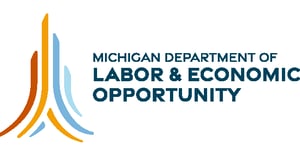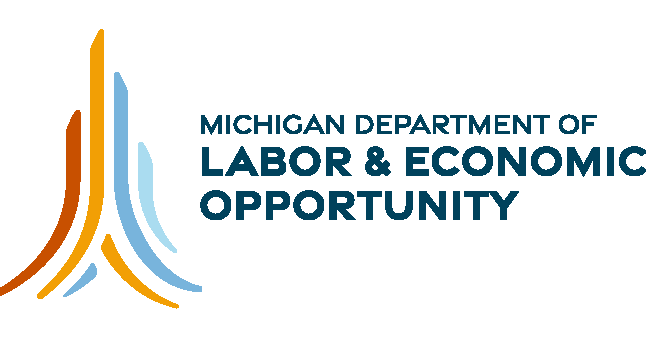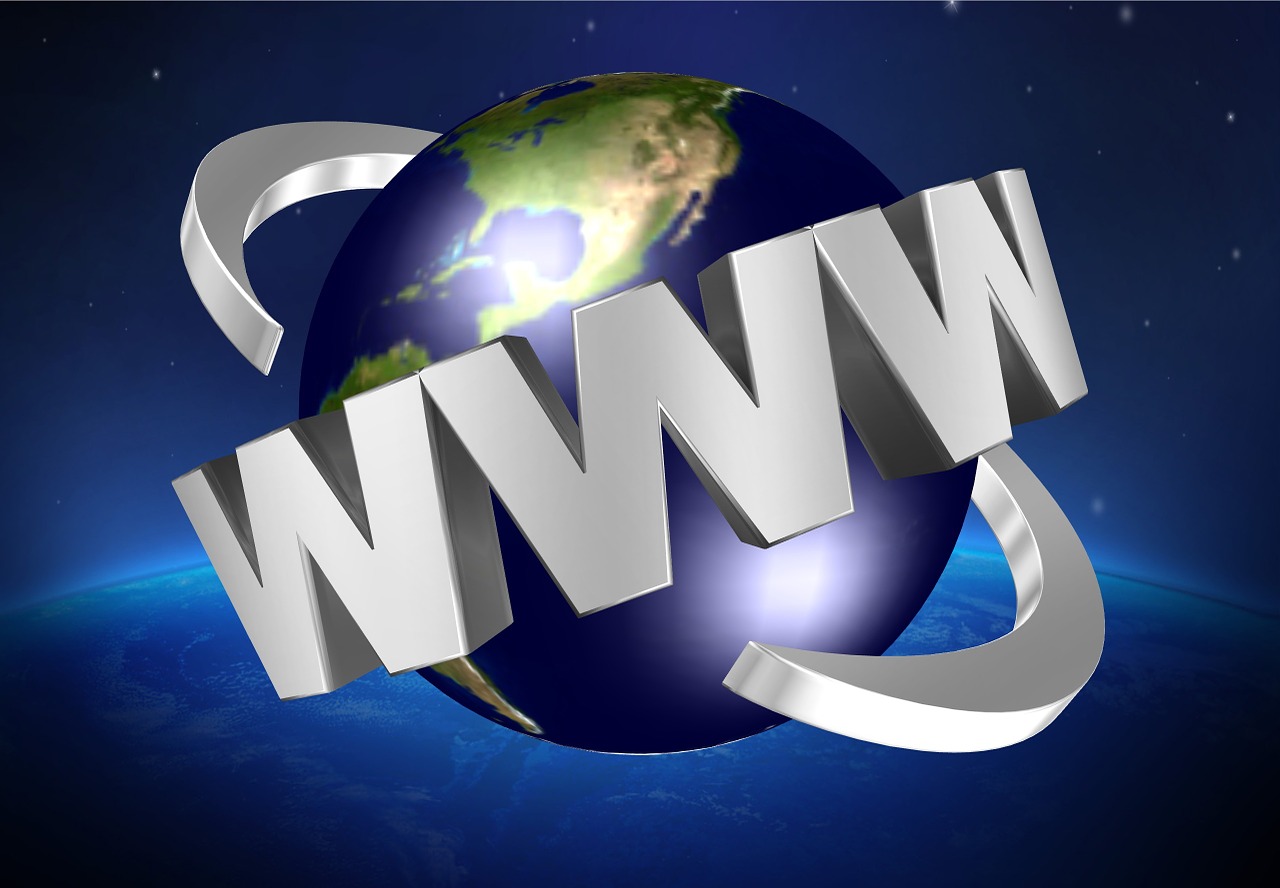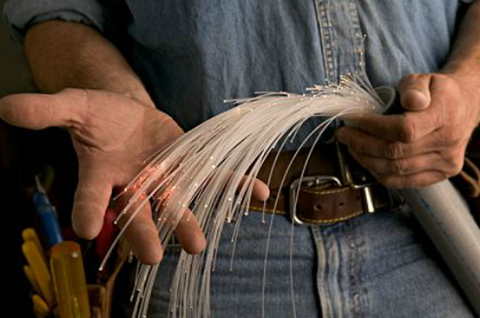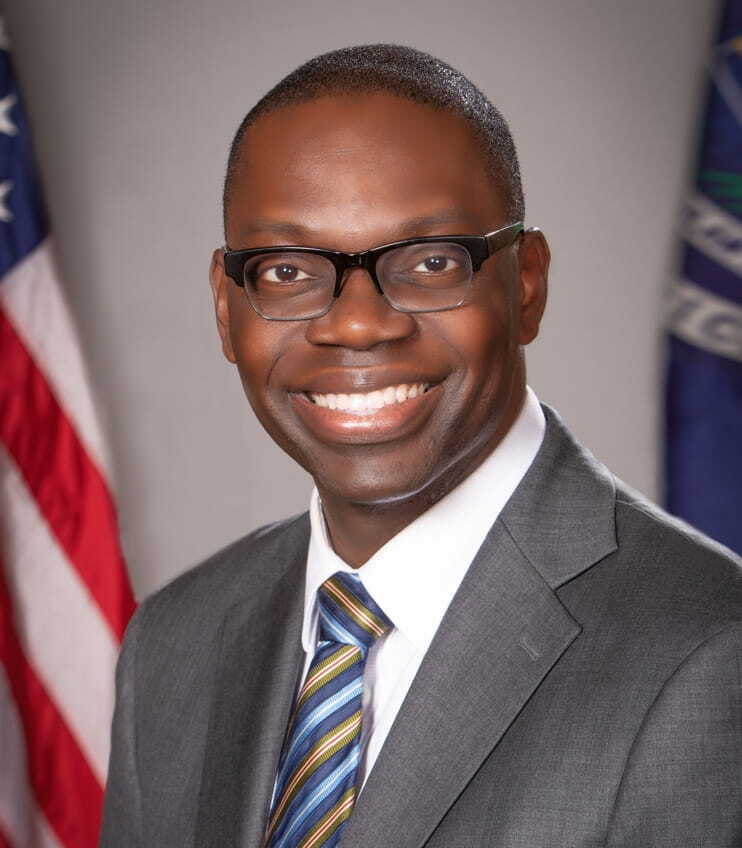State Challenge Process will identify funding to reach universal broadband availability
Lansing, Mich.—Today, Lt. Gov. Garlin Gilchrist II joined the Michigan High-Speed Internet Office (MIHI) and announced the start of the State Challenge Process, encouraging Michiganders to help identify locations across the state that are eligible for high-speed internet infrastructure expansion through the Broadband Equity, Access, and Deployment (BEAD) program.
“Every Michigander deserves access to affordable, fast internet so they can connect to online learning, healthcare, and economic opportunity,” said Lieutenant Governor Garlin Gilchrist II. “As Michigan sets the stage to connect more homes, businesses, and communities, the BEAD state challenge process will help us deploy resources more effectively. I encourage every Michigander to visit the portal and tell us about unserved or underserved locations. Governor Whitmer and I are proud of our work to connect tens of thousands of locations to affordable, fast internet, and we will continue working alongside the team at the Michigan High Speed Internet Office to connect every Michigan community.”
This past June, the Biden Administration announced that Michigan is receiving a historic $1.559 billion funding allocation for its BEAD program—the fourth highest in the nation. Now through the State Challenge Process, MIHI will identify unserved and underserved homes, businesses and institutions in the state to ensure they can get connected to high-speed internet through the BEAD program.
Current state maps of internet service are based on existing information from federal and state sources. However, through the State Challenge Process, the state is inviting stakeholders to verify the accuracy of current maps and submit additional information, or “challenges,” where they are incorrect.
Challenges will be accepted March 25 through April 23 through an interactive State Challenge Portal. That portal is now open for eligible participants to submit challenges on whether their home, business or institution is accurately represented as being served or not. Local units of government, Tribal governments, non-profit organizations and internet service providers are eligible challengers and will need to register for an account to participate in the State Challenge Process. Individual Michiganders do not need an account but can still provide information about service issues they may be experiencing with getting high-speed internet at their location or with their existing service.
Once the State Challenge Portal closes, MIHI will review each challenge to ensure no eligible locations are left out of Michigan’s BEAD program.
“The MIHI team is excited for this next chapter in Michigan’s BEAD program to help us reach universal availability in the State,” said Eric Frederick, Michigan’s chief connectivity officer. “We encourage local units of government, Tribal governments, non-profit organizations, internet service providers and every Michigander to visit the online challenge portal and participate in the State Challenge Process to ensure every location is accounted for in Michigan’s BEAD program.”
For more information on how to participate in the State BEAD Challenge Process and to submit a challenge, visit Michigan.gov/BEADChallenge.
###









